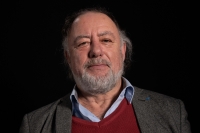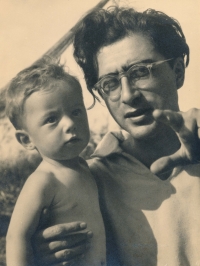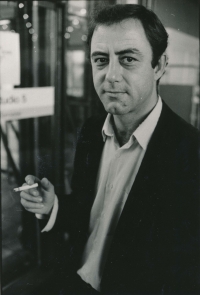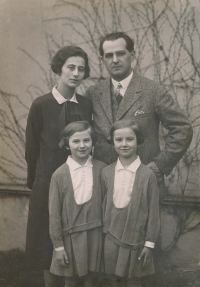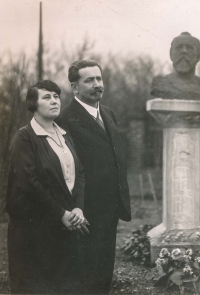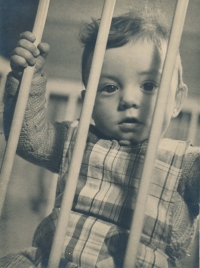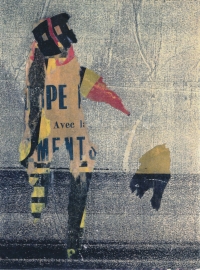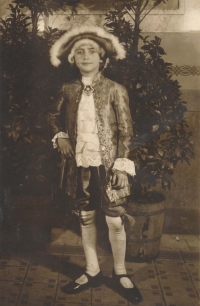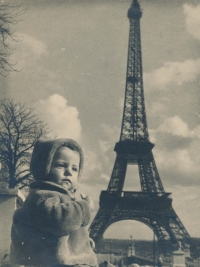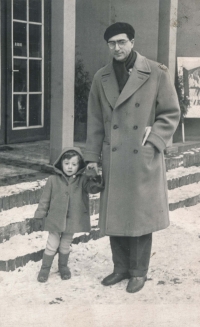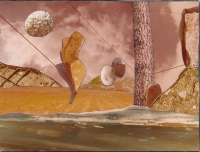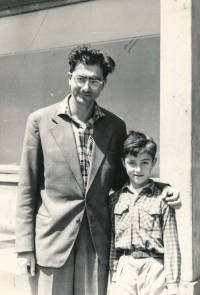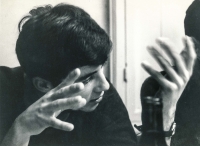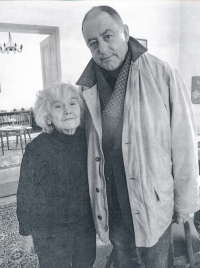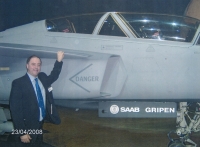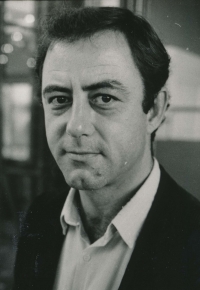“You are oppressed by Soviet tanks, we by the capitalist Coca-Cola, “my French classmates used to tell me.
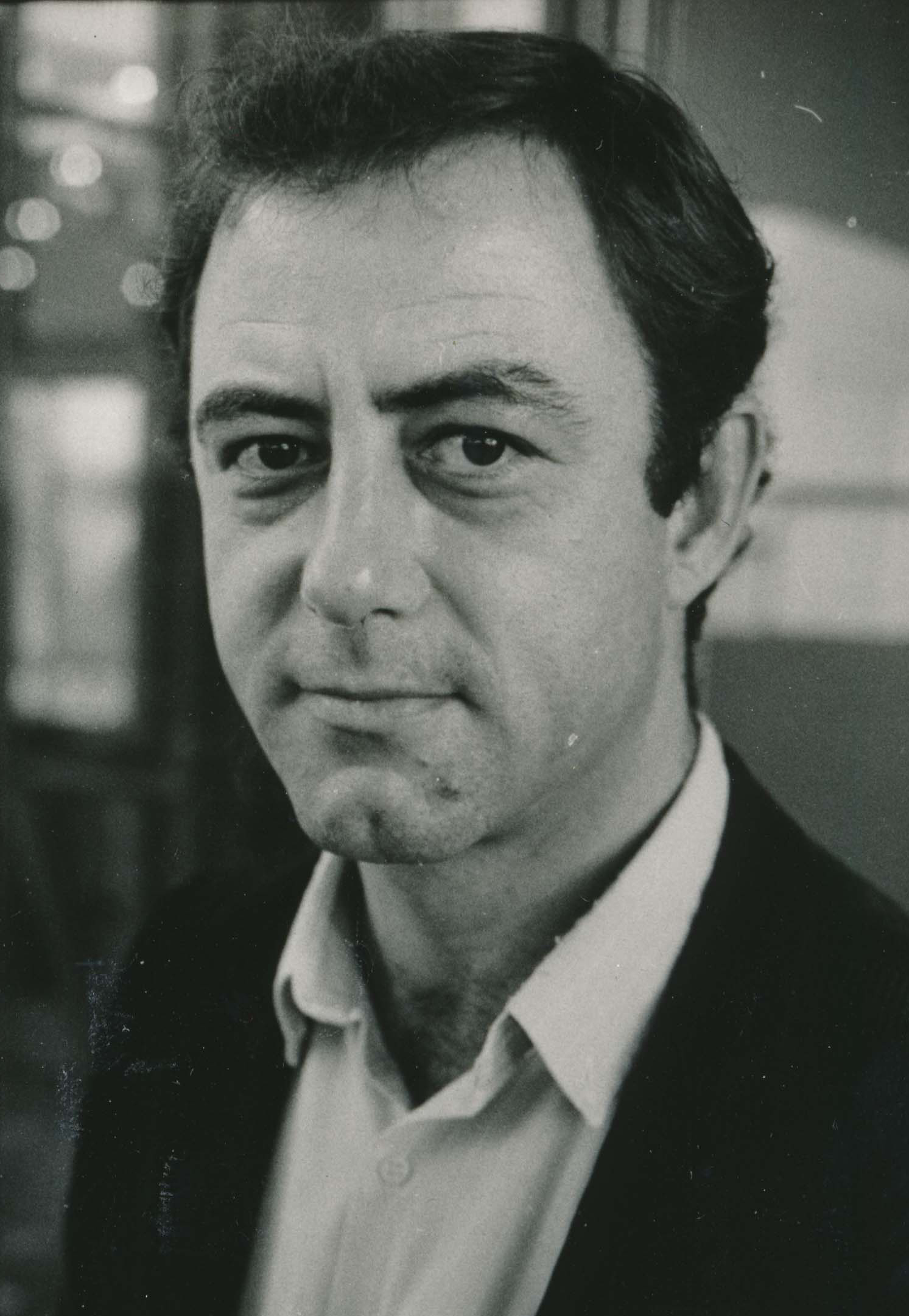
Download image
Petr Fleischmann was born on June 15, 1949 in Boulogne-Billancourt, France, on the outskirts of Paris. Both of his parents came from an intellectual, creative background. Ivo Fleischmann was a poet, novelist, translator, literary historian and diplomat, Stanislav’s mother, called Staša, was a photographer. The Fleischmanns lived in Paris from 1946 to 1950; Ivo worked here at the Czechoslovak embassy. In 1950, they returned to Prague, where Petr lived with his parents until he was 15 years old. In 1964, the Fleischmanns again moved to Paris, where his father was sent as a cultural councilor. Peter graduated from the Jacques Decour High School in Paris, then he studied philosophy at the Sorbonne in Paris, and later, in the 1970s, he graduated in history and civilization from the European University Institute in Florence. In May 1968, he was arrested by mistake and then immediately released by the French police during student, left-wing riots in Paris. In August 1968, Petr translated for news reporting of French radio station Europe 1 the real-time reports about the events in Prague, for example the speech of Alexander Dubcek after his involuntary return from Moscow. In 1969, the Fleischmanns decided to stay in France and applied for political asylum. In 1971, due to Leonid Brezhnev’s state visit to Paris, Peter was one of 50 asylum seekers wrongfully detained by the French Interior Ministry and isolated for a week on a “holiday” in Corsica to eliminate possible political unrest. Until then, Petr was not directly involved in politics, the reason for his isolation was probably a record of his detention during the May student events. Petr Fleischmann worked as a teacher in France, later as an assistant professor at the Institute of Political Science in Paris. He returned to his homeland after the Velvet Revolution, got married in Prague, and had his first son, while still commuting to work in Paris. The stress affected his health and he suffered a heart attack shortly after the birth of his first son. From 1992 to 1994 he was a member of the Czech Television Council, from 1994 to 1996 he was the editor-in-chief of Prima television news. From 1997 to 2006 he worked as the secretary of the Committee on Foreign Affairs, Defense and Security of the Senate of the Parliament of the Czech Republic and since 2006 as an adviser to the Foreign Affairs Committee. He was a member of the editorial board of the cultural and political review Přítomnost, author of articles and works in the field of political science. In 2005, he was awarded the title of Knight of the French National Order of Merit by the President of the French Republic, J. Chirac. Michel Fleischmann’s younger brother has been the Czech Republic’s ambassador to France since 2021.
